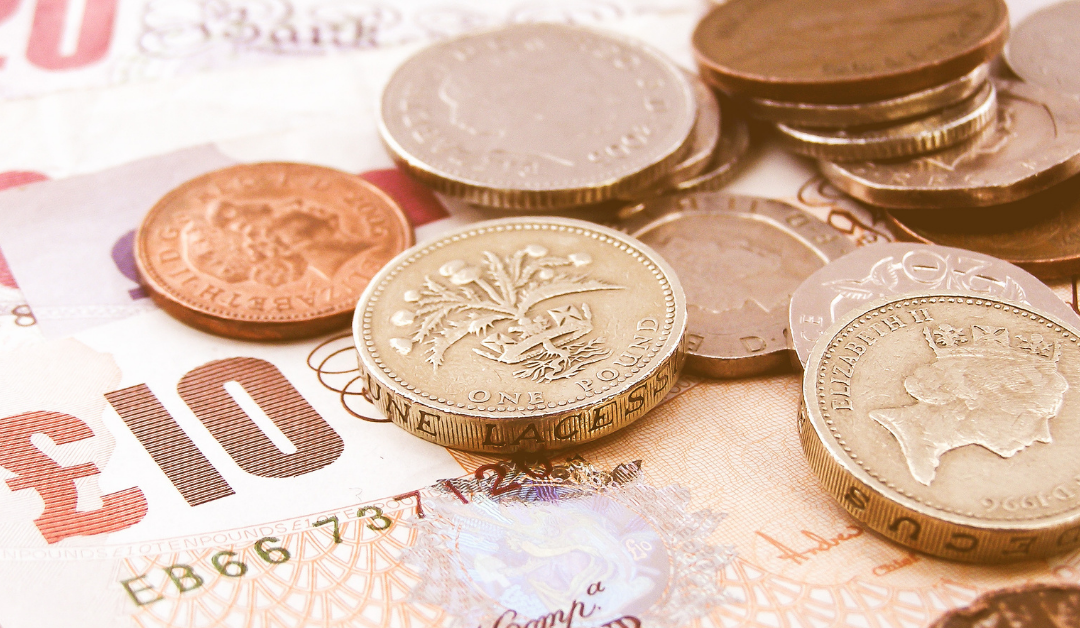The King is Dead…. Long live the king?
With inflation soaring and interest rates still languishing near record lows, Investors could pay a price for keeping too much money in cash.
Volatility, amongst other things, can be unsettling for investors and many will be concerned, understandably, about how rising inflation might affect their finances.
In December 2021, the consumer prices index (CPI) – the UK’s headline measure of inflation – hit 5.4%, more than two-and-half-times the Bank of England’s target of 2% and its highest level for more than three decades. There were some warning signs about the trajectory of inflation back in the Autumn of 2021. In his October Budget, chancellor Rishi Sunak announced that inflation was set to average 4% during 2022 – a sharp rise from the 0.85% recorded in 2020.
It is not just the rate of inflation that can impact investors’ finances, however. The relationship between inflation and interest rates matter too. To illustrate the point, in 2007 the UK CPI was 4.29%, far higher than the Bank of England’s target. The base rate at the time, however, was between 5.25% and 5.75% throughout the year. This meant that the value of cash savings kept pace with inflation and remained stable.
Fast forward to today and savers are being heavily penalized with the base rate languishing at 0.50%. If the CPI is running at 5.4% for example and a deposit account is paying interest in line with the base rate at 0.50%, you can see why there is some concern over the future spending power of cash. While we’re unlikely to see rates return any time soon to the heady heights of 5%+ (Maybe sticking my neck out here), there are increases on the cards, with central bankers acutely aware of the need to control inflation.
The US Federal Reserve has hinted at more rate rises during 2022 (with some forecasting as many as 7 for the year) and there are also predictions that the Bank of England will do the same. This means the gap between interest rates and inflation will begin to narrow, however, we can expect that gap to persist for some time yet. So, to mitigate the impact on finances, investors should review their investment strategy.
Is Hoarding Cash – the only option?
Some assets, such as equities, are better equipped than cash to perform in high inflation, low-interest rate environments. This isn’t to say cash should be avoided completely. It is pivotal to any well-balanced and diversified investment portfolio, offering capital security to cover any unexpected short-term needs.
However, cash may be less suitable to achieve long-term financial gains. As the Financial Conduct Authority noted last year, “consumers who have an appetite to invest long-term are failing to consider the opportunities from investing, missing out on potential financial gains.” As the FCA mentions, investors can take steps to protect their portfolios from inflation. While asset-backed investments, such as equities, are far from immune to its effects, and investors can expect a bumpy ride over the short term at least, they do offer the prospect of outpacing inflation, especially over long investment timeframes.
Given the recent volatility in markets and the projection for this to continue throughout the year, investors may be tempted to try and ‘buy the dip’, which means entering the market when prices are at their lowest. But timing markets is risky – they are almost impossible to predict and by delaying, investors could be missing out on the potential ups. Hoarding too much cash can be harmful. It may look safe on the surface, but lagging inflation, particularly if occurring repeatedly over several years, can cause serious damage to portfolio performance, and ultimately consumers’ financial futures.
If you want to get in touch to find out more about how we at Finsbury Associates can help, please get in touch.

